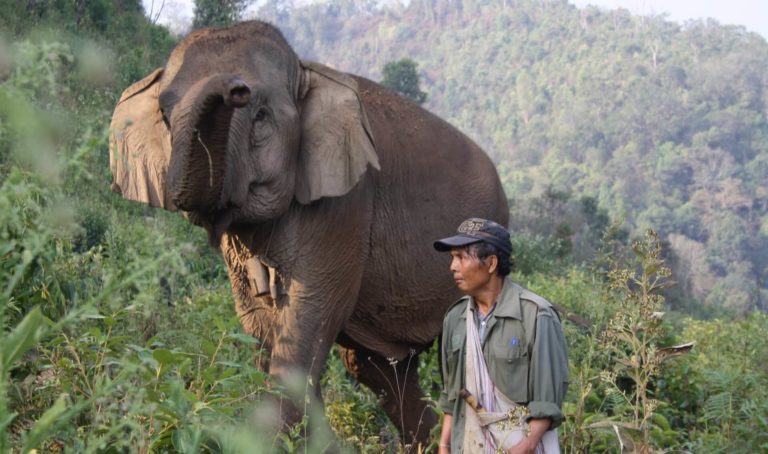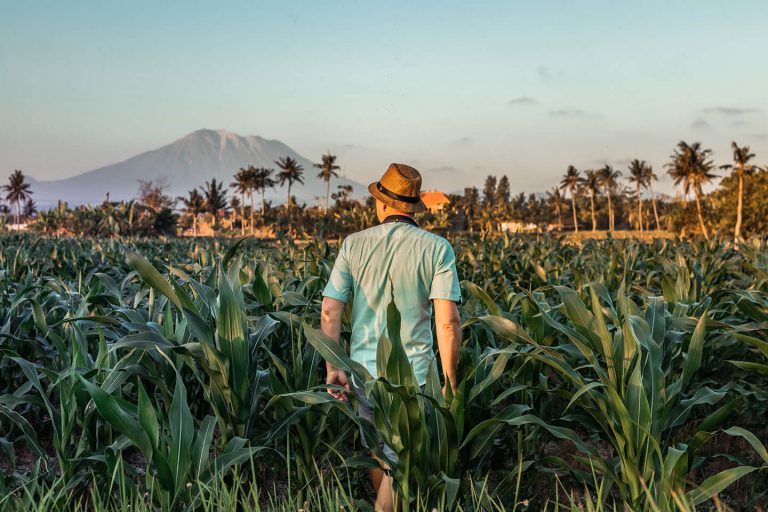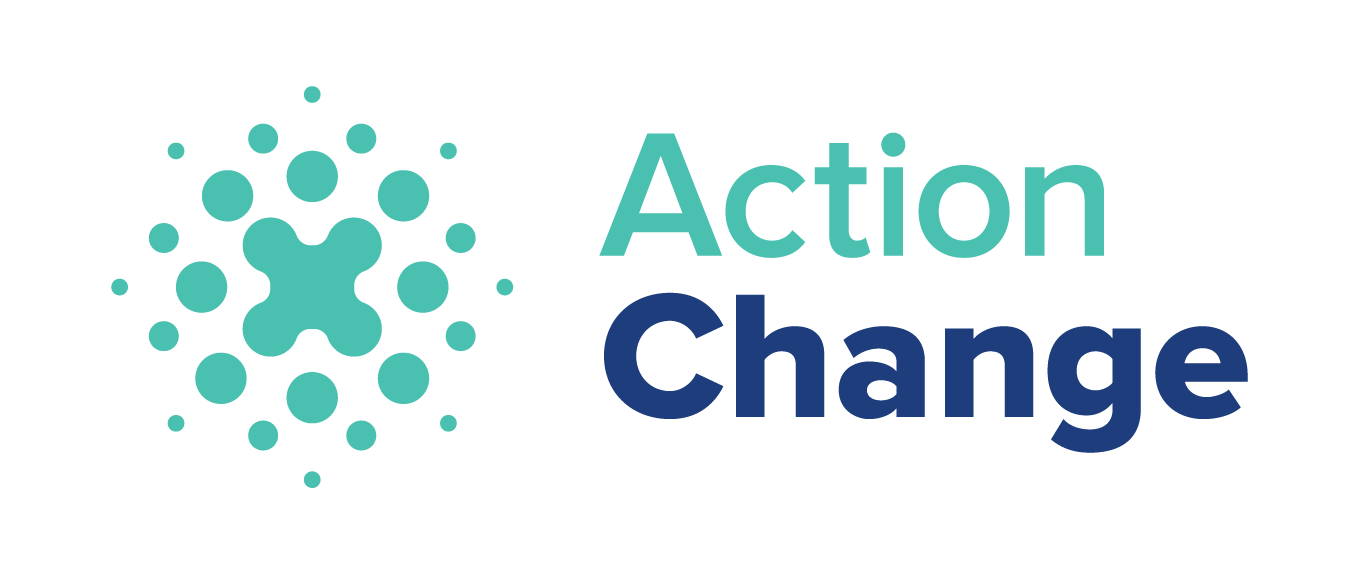
- Environmental Conservation ·
We have littered our oceans with plastic, now we need to save the ocean and clean up before it dies
The United Nations calls our oceans “the lungs of the earth”, which is why it is so essential for us to develop sustainably so that we do not suffer in the future, unfortunately, at current rates plastic is expected to outweigh all the fish in the sea by 2050 and if we don’t act now the damage could be irreversible. This project aims to create awareness among local communities around the globe as well as funding clean-up and research initiatives to help keep our oceans and it’s species healthy and free from plastic.
Plastic is still a huge part of daily life around the world and we know that at least 8 million tons of plastic end up in our oceans every year, and make up 80% of all marine debris from surface waters to deep-sea sediments. 2050 we are told that the Sea will be home to more plastic than fish and this is why this project is critical to the future of our planet. We only have one planet and one chance to act.
We’re surrounded by plastic. It’s in the single-use packaging we discard, the consumer goods that fill our stores, and in our clothing, which sheds micro-plastic fibres in the wash. Plastics pollution has a direct and deadly effect on wildlife and every year thousands of seabirds and sea turtles, seals and other marine mammals are killed after ingesting plastic or getting entangled in it. The greatest challenge is the lack of knowledge on the effects of plastic pollution on our planet.
This project aims to provide education and inspire communities to engage in plastic waste management solutions. The more communities who engage and take control of their environment, the more successful our chances of keeping the ocean clean will become. By giving people the know-how we can curb the issue at the source but we also understand the need to fund beach and reef clean-ups to mitigate the effects of the plastic that hasn’t been dealt with.
Our goal is to by 2025, prevent and significantly reduce marine pollution of all kinds, in particular from land-based activities, including marine debris and nutrient pollution according to UN SDG 14 (Life Below Water), we will do this by providing awareness and education to communities especially located near the coast as well as to conduct beach clean-ups, reef dive cleanups. We hope that by educating communities and cleaning up the plastic that is already in/near the ocean we can keep our oceans clean.
The United Nations calls our oceans “the lungs of the earth”, which is why it is so essential for us to develop sustainably so that we do not suffer in the future, unfortunately, at current rates plastic is expected to outweigh all the fish in the sea by 2050 and if we don’t act now the damage could be irreversible. This project aims to create awareness among local communities around the globe as well as funding clean-up and research initiatives to help keep our oceans and it’s species healthy and free from plastic.
Plastic is still a huge part of daily life around the world and we know that at least 8 million tons of plastic end up in our oceans every year, and make up 80% of all marine debris from surface waters to deep-sea sediments. 2050 we are told that the Sea will be home to more plastic than fish and this is why this project is critical to the future of our planet. We only have one planet and one chance to act.
We’re surrounded by plastic. It’s in the single-use packaging we discard, the consumer goods that fill our stores, and in our clothing, which sheds micro-plastic fibres in the wash. Plastics pollution has a direct and deadly effect on wildlife and every year thousands of seabirds and sea turtles, seals and other marine mammals are killed after ingesting plastic or getting entangled in it. The greatest challenge is the lack of knowledge on the effects of plastic pollution on our planet.
This project aims to provide education and inspire communities to engage in plastic waste management solutions. The more communities who engage and take control of their environment, the more successful our chances of keeping the ocean clean will become. By giving people the know-how we can curb the issue at the source but we also understand the need to fund beach and reef clean-ups to mitigate the effects of the plastic that hasn’t been dealt with.
Our goal is to by 2025, prevent and significantly reduce marine pollution of all kinds, in particular from land-based activities, including marine debris and nutrient pollution according to UN SDG 14 (Life Below Water), we will do this by providing awareness and education to communities especially located near the coast as well as to conduct beach clean-ups, reef dive cleanups. We hope that by educating communities and cleaning up the plastic that is already in/near the ocean we can keep our oceans clean.



Action Change © 2024 All rights reserved | Registered UK Charity 1111494